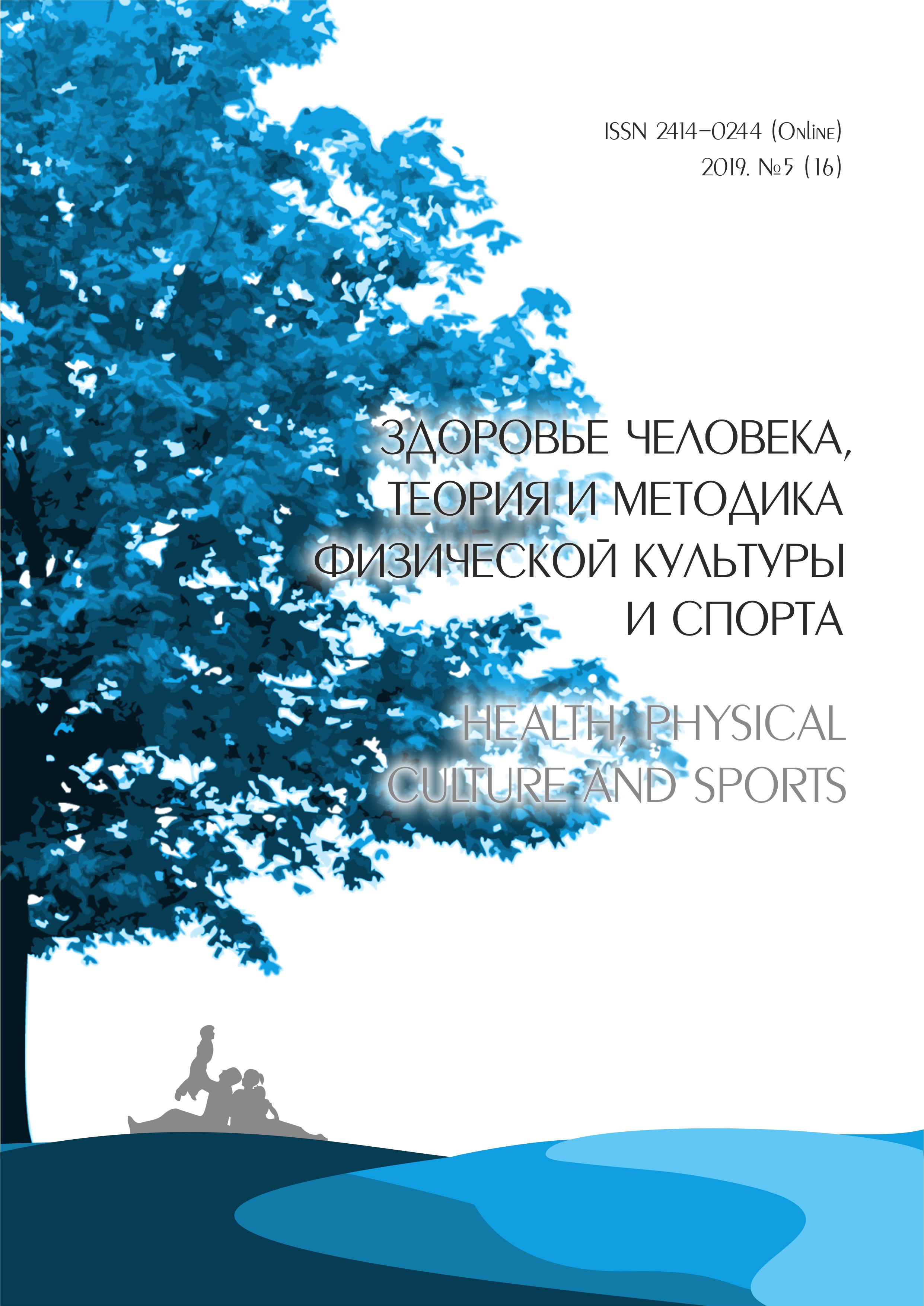DEVIATIONS AND THE FORMATION OF STUDENTS' HEALTHY LIFESTYLE SKILLS
Abstract
The main hypothesis of the study was the assumption that the organization of pedagogical work on the prevention of bad habits in students will be successful if it is inextricably linked with the formation of healthy lifestyle skills, attitude to one's health and the health of others as an essential social value. In the course of the work, the following tasks were set to select psychological and pedagogical diagnostic methods to identify the type of personality, level of self-esteem, level of dependence on alcohol, smoking among students, to develop and test a program for the prevention of bad habits of students. To solve the tasks and verify the initial assumptions at different stages of the study, a set of mutually complementary research methods was used: - diagnostic (observation, questioning, testing); statistical (analysis and data processing). An analysis of the survey data on the frequency, motives, reasons, and features of tobacco and alcohol use made it possible to establish that the use of alcoholic beverages by students begins very early. 36.4% of the respondents attribute their first use of alcoholic beverages to the age of 18 years. The reasons for students to drink alcohol are most often the result of unorganized leisure activities, idleness, which create favorable conditions for the development of various forms of deviant behavior. The practical significance of the study lies in the fact that its content, the results and conclusions can be used: in modern educational preventive work with students from the social risk group; as a basis for the development of educational programs for the prevention of bad habits in various types of educational institutions
Downloads
References
2. Мартыненко Александр Владимирович Здоровый образ жизни молодежи // Знание. Понимание. Умение. 2004. №1. С. 136-138
3. Кислицына Ольга Анатольевна Состояние здоровья российской молодежи // Народонаселение. 2013. №2 (60). С. 103-112.
4. Сидорин Алексей Александрович Проблематизация ценности здоровья молодежи // Гуманитарные исследования в Восточной Сибири и на Дальнем Востоке. 2014. №4 . С. 109-116.
5. Романова Е. В. Здоровье молодежи в аспекте изучения аддиктивных форм поведения // Health, Physical Culture and Sports. –2016. –No2. –С.14-24.
6. Братухин А.Г. Репродуктивное здоровье молодежи Западной Сибири // Национальные приоритеты России. 2013. №2 (9). С.150-152
7. Лобыгина Н.М., Тиканов А.О., Крыловский А. Ю. Мотивация студентов к занятиям физической культурой в вузе // Health, Physical Culture and Sports. -2016. -No1. С.65-71
8. Сочнев А. В. Поведенческие факторы здоровья молодежи // Вестник Нижегородского университета им. Н.И.Лобачевского. Серия: Социальные науки. 2007. №1. С.113-117.
9. Груздева М.А., Короленко А.В. Поведенческие факторы сохранения здоровья молодежи // Анализ риска здоровью. 2018. №2. С.41-452019).
10. Одинцова Е. В. Социокультурная и психологическая оценка здоровья молодежи // Здоровье – основа человеческого потенциала: проблемы и пути их решения. 2013. №1. С.70-75
REFERENCES
1. Koltygina E. V., Vorontsov P. G., Ushakova E. V. Obshchestvennoe zdorov'e i kul'tura zdorovogo obraza zhizni v vuzovskom obrazovanii sovremennoi Rossii . E. V. Koltygina, P. G. Vorontsov, E. V. Ushakova . Filosofiya obrazovaniya. – 2016
2. Martynenko Aleksandr Vladimirovich Zdorovyi obraz zhizni molodezhi . Znanie. Ponimanie. Umenie. 2004. №1. S. 136-138
3. Kislitsyna Ol'ga Anatol'evna Sostoyanie zdorov'ya rossiiskoi molodezhi . Narodonaselenie. 2013. №2 (60). S. 103-112.
4. Sidorin Aleksei Aleksandrovich Problematizatsiya tsennosti zdorov'ya molodezhi . Gumanitarnye issledovaniya v Vostochnoi Sibiri i na Dal'nem Vostoke. 2014. №4 . S. 109-116.
5. Romanova E. V. Zdorov'e molodezhi v aspekte izucheniya addiktivnykh form povedeniya . Health, Physical Culture and Sports. –2016. –No2. –S.14-24.
6. Bratukhin A.G. Reproduktivnoe zdorov'e molodezhi Zapadnoi Sibiri // Natsional'nye prioritety Rossii. 2013. №2 (9). S.150-152
7. Lobygina N.M., Tikanov A.O., Krylovskii A. Yu. Motivatsiya studentov k zanyatiyam fizicheskoi kul'turoi v vuze . Health, Physical Culture and Sports. -2016. -No1. S.65-71
8. Sochnev A. V. Povedencheskie faktory zdorov'ya molodezhi . Vestnik Nizhegorodskogo universiteta im. N.I.Lobachevskogo. Seriya: Sotsial'nye nauki. 2007. №1. S.113-117.
9. Gruzdeva M.A., Korolenko A.V. Povedencheskie faktory sokhraneniya zdorov'ya molodezhi . Analiz riska zdorov'yu. 2018. №2. S.41-452019).
10. Odintsova E. V. Sotsiokul'turnaya i psikhologicheskaya otsenka zdorov'ya molodezhi . Zdorov'e – osnova chelovecheskogo potentsiala: problemy i puti ikh resheniya. 2013. №1. S.70-75
An author should not normally publish manuscripts describing essentially the same research in multiple journals or publication venues. Such redundant publication is generally considered to constitute unethical publishing behavior, and if discovered may result in a manuscript under consideration being rejected, or a published article being retracted.
Authors of manuscripts reporting on original research should present an accurate account of the work performed, accompanied by an objective discussion of its significance. Underlying data should be represented accurately in the manuscript. The manuscript should contain sufficient detail and references to permit others to replicate the work. The fabrication of results and the making of fraudulent or knowingly inaccurate statements constitute unethical behavior and may be cause for rejection or retraction of a manuscript or published article.





